Barcelona, located in the northeastern region of Catalonia, Spain, boasts a rich and diverse history that spans over 2,000 years. Here’s a brief overview of the city’s history:
- Roman Origins: Barcelona, known as Barcino in Roman times, was founded as a Roman colony in the 1st century BC. It served as an important hub for trade and commerce within the Roman Empire.
- Medieval Period: Following the decline of the Roman Empire, Barcelona came under the rule of various Visigothic and Moorish rulers. In the 9th century, the city was recaptured by the Franks and became a part of the Carolingian Empire.
- The County of Barcelona: During the 9th and 10th centuries, Barcelona developed as the capital of the County of Barcelona. It played a key role in the Christian Reconquista, which aimed to reclaim the Iberian Peninsula from the Moors.
- Union with Aragon: In 1137, Barcelona entered into a political union with the Kingdom of Aragon through the marriage of Ramon Berenguer IV, Count of Barcelona, and Petronila, Queen of Aragon. This union laid the foundation for the later Crown of Aragon.
- Catalan Revolt: In the 17th century, Barcelona played a significant role in the Catalan Revolt, a series of conflicts between Catalonia and the Spanish Crown. The city experienced a devastating siege in 1714, leading to the loss of its political autonomy.
- Industrialization and Growth: The 19th century marked the beginning of Barcelona’s industrialization, leading to rapid population growth and the development of the textile and manufacturing industries.
- Modernisme and Art: The late 19th and early 20th centuries witnessed the emergence of the Modernisme movement, a Catalan version of Art Nouveau. Antoni Gaudí, the renowned architect, left an indelible mark on the city with his unique and iconic buildings, such as the Sagrada Família and Park Güell.
- Spanish Civil War: Barcelona played a pivotal role in the Spanish Civil War (1936-1939). It was a stronghold of the Republicans, who opposed General Francisco Franco’s Nationalist forces. After Franco’s victory, the city endured a period of repression and censorship.
- Post-Franco Era: With the death of Franco in 1975 and the transition to democracy, Barcelona underwent a significant transformation. The city experienced a cultural renaissance, economic growth, and an increase in tourism.
- The 1992 Summer Olympics: Barcelona hosted the 1992 Summer Olympics, which marked a turning point in its modern history. The event brought international attention, and the city invested in urban development and infrastructure improvements.
- Autonomy and Culture: Barcelona is not only the capital of Catalonia but also a vibrant center for Catalan culture and identity. The city’s culture, language, and traditions are deeply intertwined with Catalonia’s rich history and distinctive character.
Today, Barcelona is known for its unique blend of history, art, architecture, and a dynamic contemporary culture. It remains one of Spain’s most popular tourist destinations, attracting visitors from around the world with its stunning architecture, beautiful beaches, and a lively atmosphere.

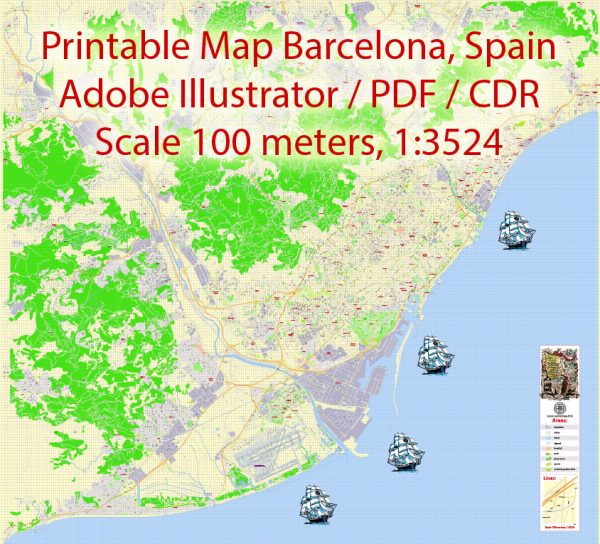
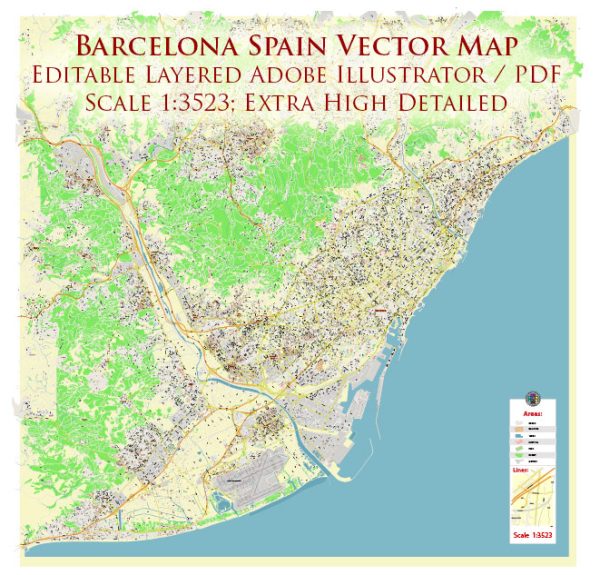
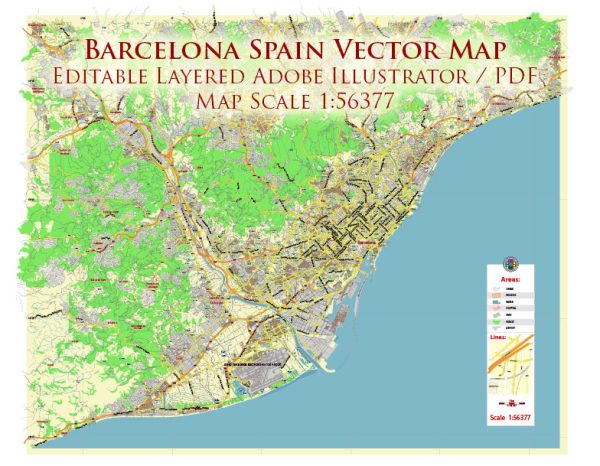
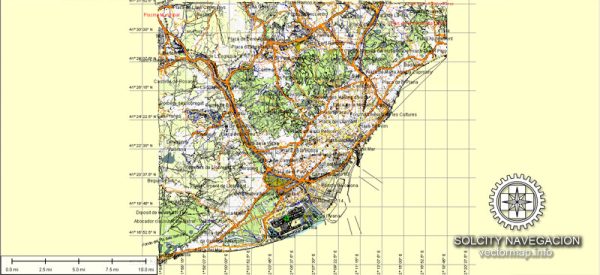
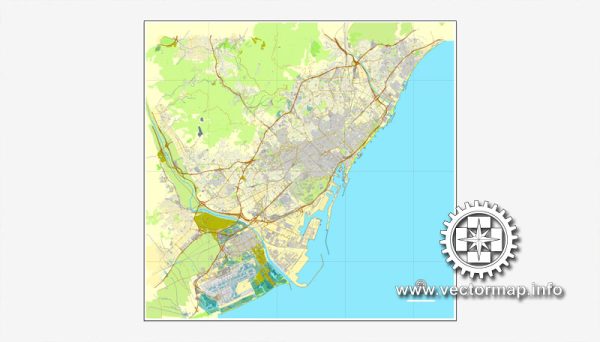
 Author: Kirill Shrayber, Ph.D. FRGS
Author: Kirill Shrayber, Ph.D. FRGS